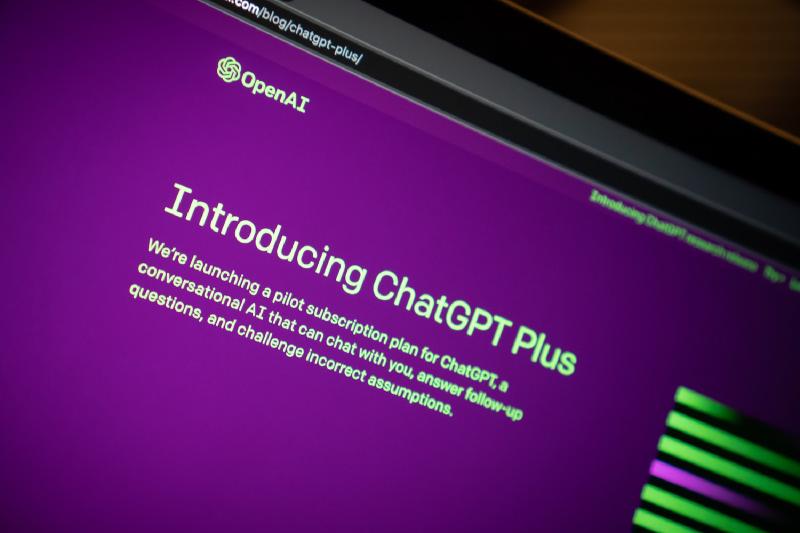The recent releases of ChatGPT and GPT-4 by OpenAI have sparked exciting discussions on potential new applications of artificial intelligence (AI) in various areas. One of the areas being seriously considered is legal services.
As an AI language model, ChatGPT/GPT-4 can be used in various ways to support legal services. Here are some examples:
-
Legal Research: ChatGPT/GPT-4 can assist legal professionals in researching legal cases, statutes, and other legal documents. It can provide quick and quality answers to legal questions, analyze legal documents, and identify relevant cases and legal precedent.
-
Document Analysis: ChatGPT/GPT-4 can help legal professionals analyze legal documents such as contracts, agreements, and court filings. It can identify key clauses, highlight potential issues, and suggest revisions.
-
Chatbot for Clients: ChatGPT/GPT-4 can be used to create a chatbot that can answer basic legal questions from clients. The chatbot can provide information about legal procedures, answer frequently asked questions, and direct clients to relevant resources.
-
Legal Writing Assistance: ChatGPT/GPT-4 can help legal professionals in drafting legal documents such as contracts, briefs, and memos. It can suggest language, provide examples of similar documents, and ensure that the document is free of errors and inconsistencies.
-
Predictive Analytics: ChatGPT/GPT-4 can analyze large amounts of legal data to identify patterns and make predictions about legal outcomes. This can help legal professionals make informed decisions and develop effective legal strategies.
Overall, ChatGPT/GPT-4 can be a valuable resource for legal professionals, providing them with access to legal information, and helping them work more effectively and efficiently.

